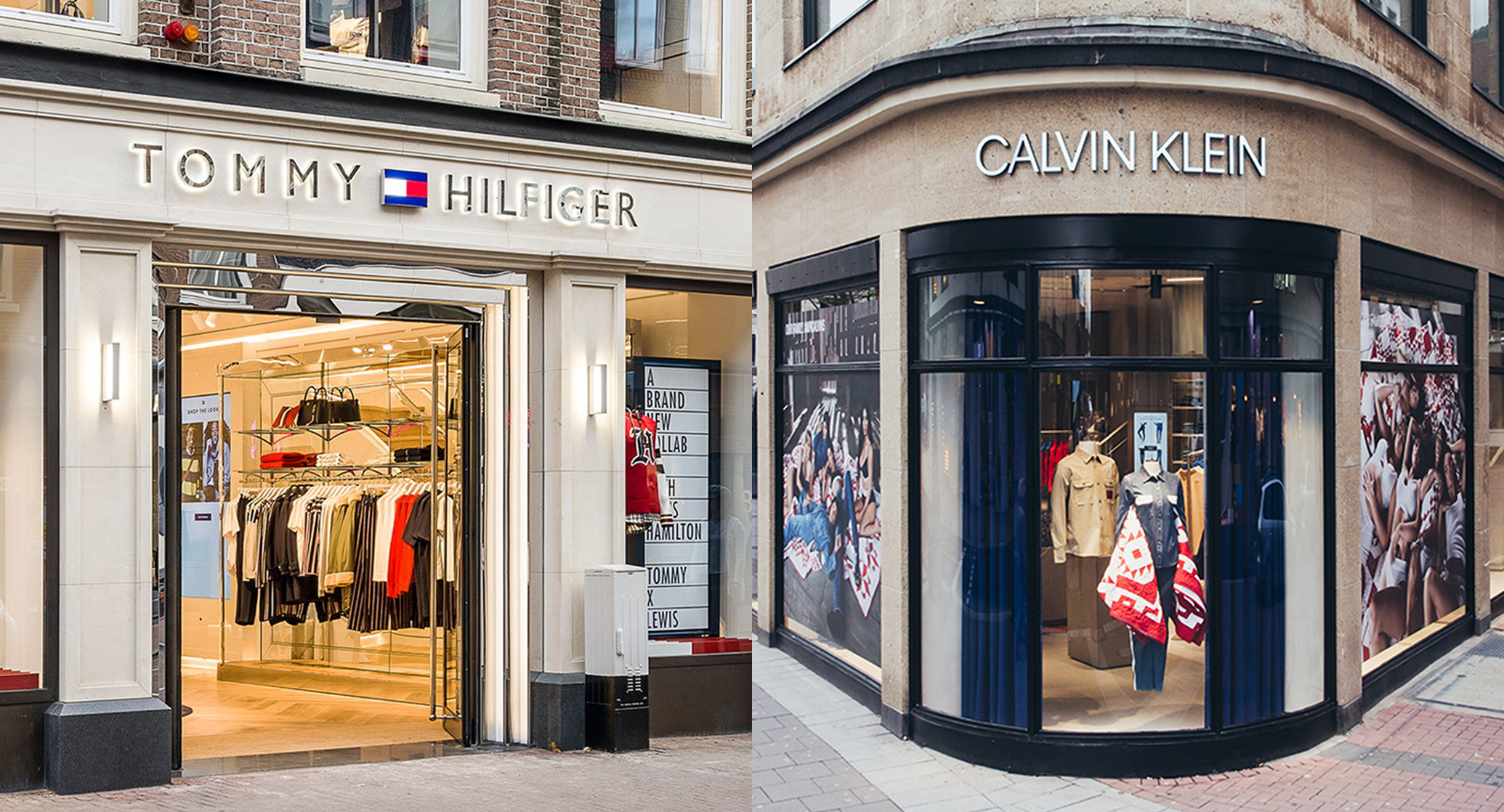Calvin Klein and Tommy Hilfiger implement financial flexibility
The Calvin Klein and Tommy Hilfiger owner is overhauling its inventory management for changes it expects to outlast the upheaval of Covid-19. New York-based apparel retailer PVH Corp said it will be “significantly negatively impacted” by the COVID-19 but withheld its financial guidance for the first-quarter and full-year 2020 due to the uncertainty over the duration and extent of the impact of the pandemic.
The owner of Calvin Klein and Tommy Hilfiger brands said it has implemented several measures to preserve financial flexibility during the period including drawing down $750 million from its over $1 billion revolving credit facility, suspending share repurchases and cash dividends, reviewing opportunities to eliminate discretionary operating expenses and tightening its inventories.
The company said the store closures and government-imposed restrictions have resulted in sharply reduced traffic and consumer spending trends as well as sales stoppages in its retail stores “in virtually all key markets” during the first quarter.
The company’s supply chain and that of its licensing partners have been disrupted and “may experience future disruptions as a result of either closed factories or factories operating with reduced workforces.”
“Depending on the duration and extent of the pandemic, [PVH]’s results of operations, financial condition and cash flows in 2020 also may be significantly negatively impacted by, among other things, noncash asset impairments, excess inventory and difficulty collecting trade receivables,” the company said in a statement.
PVH said in January agreed to sell its Speedo North America business to Pentland Group PLC, the parent company of the Speedo International Ltd. brand, for $170 million in cash. The sale is expected to close in the fiscal first quarter ending May.
For the fiscal fourth quarter ended Feb. 2, PVH recorded a non-GAAP EPS of $1.88, above the $1.84 it made in the year-ago period and beating S&P Global Market Intelligence consensus normalized EPS analyst estimate of $1.81.
The fiscal fourth quarter, net income came in at $137.8 million, down 1.36% from $139.7 million a year ago. Revenue for the fiscal fourth quarter rose to $2.60 billion from $2.48 billion in the year-ago period.
For fiscal 2019 ended Feb. 2, PVH posted a non-GAAP EPS of $9.54, below the adjusted EPS of $9.60 a year ago.
Net income attributable to the company for the year came in at $711.3 million and total revenue was $9.91 billion.
Source: S&P Global “[D]epending on the duration and extent of the pandemic, [PVH]’s results of operations, financial condition and cash flows in 2020 also may be significantly negatively impacted by, among other things, noncash asset impairments, excess inventory and difficulty collecting trade receivables,” the company said in a statement.
PVH said in January agreed to sell its Speedo North America business to Pentland Group PLC, the parent company of the Speedo International Ltd. brand, for $170 million in cash. The sale is expected to close in the fiscal first quarter ending May.
For the fiscal fourth quarter ended Feb. 2, PVH recorded a non-GAAP EPS of $1.88, above the $1.84 it made in the year-ago period and beating S&P Global Market Intelligence consensus normalized EPS analyst estimate of $1.81.
The fiscal fourth quarter, net income came in at $137.8 million, down 1.36% from $139.7 million a year ago. Revenue for the fiscal fourth quarter rose to $2.60 billion from $2.48 billion in the year-ago period.
For fiscal 2019 ended Feb. 2, PVH posted a non-GAAP EPS of $9.54, below the adjusted EPS of $9.60 a year ago.
Net income attributable to the company for the year came in at $711.3 million and total revenue was $9.91 billion.
Source: The Wall Street Journal


